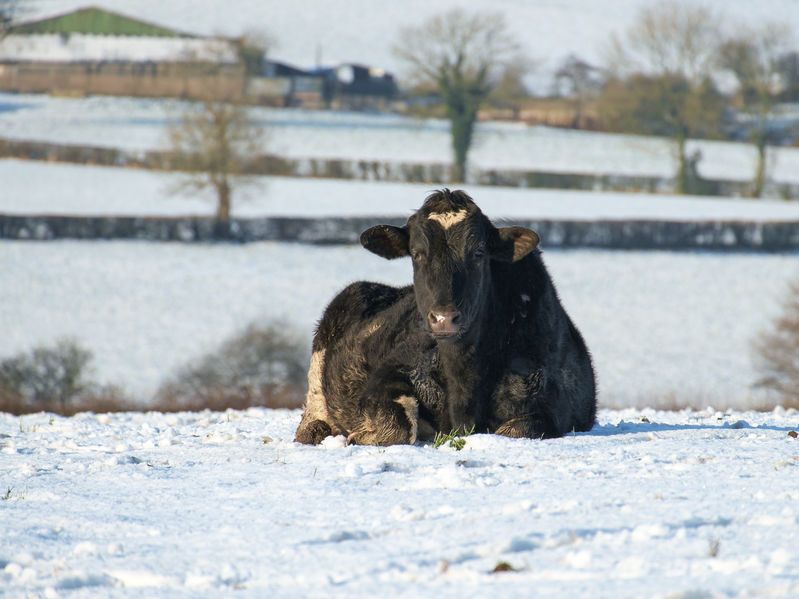
Total farming profitability dropped by a significant 17 percent from £5.63 billion in 2017 to £4.7 billion last year, new figures highlight.
Agriculture contributed £9.58 billion or 0.51% to the national economy, a decrease of £626 million (6%) on the year.
The annual statistics, published by Defra on Friday 10 May, are a measure of the performance of the UK agricultural industry.
Reasons for the decreases include a spike of 2% (£583 million) in gross output to £26.65 billion.
Crop output value rose by 2% to £9.38 billion. The cold, wet spring followed by the dry, hot summer contributed to lower yields of key crops. However, better prices helped offset production falls.
The value of total livestock output rose by 3% to £14.80 billion. Prices were generally higher but the challenging weather conditions affected volumes; the late cold spring disrupted lambing and the hot, dry summer led to poor grass growth and difficulties feeding livestock.
Responding to the figures, the NFU said it demonstrates the need for 'clear measures' that can allow farmers to manage volatility.
NFU President Minette Batters said: “These figures are a stark reminder of the impact last year’s weather has had on British farming and demonstrates just how exposed agriculture is to increasingly volatile weather.
“From the Beast from the East to the summer drought, farmers have seen reduced crop yields, tightening feed availability and increased input costs as a result.”
She added: “It is yet another example of how farm businesses are constantly dealing with volatility. When the Agriculture Bill goes through Parliament, it is crucial it is strengthened to include robust measures that can give farmers the tools to deal with this.”
